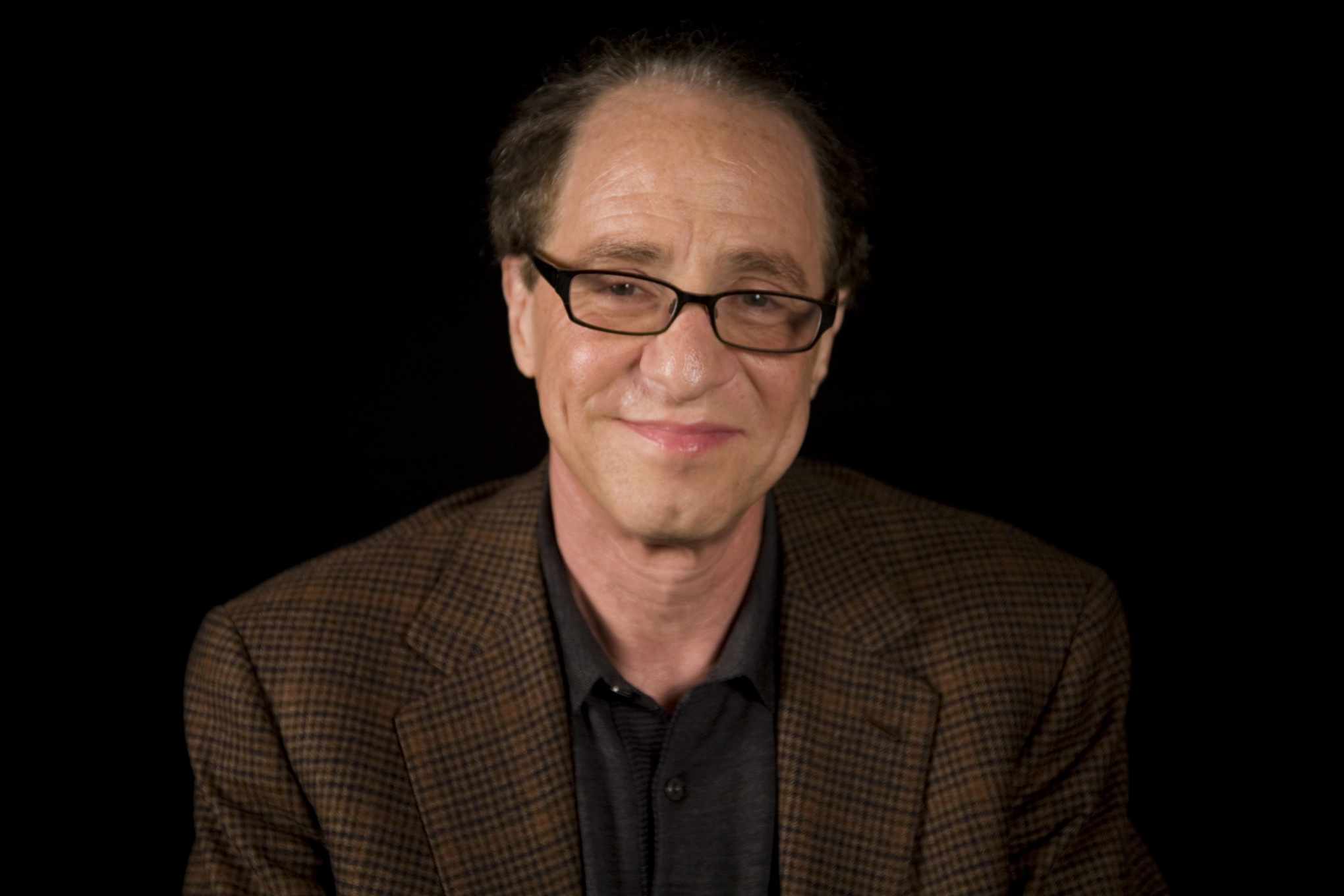Ray Kurzweil Speaks to Intel STS 2014 Finalists

Dr. Ray Kurzweil, a Science Talent Search 1965 alum, spoke to the 40 finalists of the Intel STS 2014 and other invited guests at the annual Alumni Dinner on Friday, March 7. Today, Dr. Kurzweil serves as the Director of Engineering for Google, heading up a team developing machine intelligence and natural language understanding. He is also a successful author and inventor, and has won many honors, including being inducted into the National Inventors Hall of Fame and receiving the National Medal of Technology.
Kurzweil opened his remarks by telling the finalists “it seems like only yesterday that I was a finalist like you, but it was half a century ago,” then went on to talk about how he first decided to be an inventor when he was only five years old. “My parents gave me all these enrichment toys. I knew they were enrichment toys, because they had all these little pieces. So I took them all apart, and then I went around the neighborhood and found all these other things, like parts of broken bicycles, and added them to my inventory. I just had this feeling that if I could only figure out how to put them all together that I could make something transcendent.”
His first invention was a puppet theater, and then he discovered computers when he was 12 years old. At the time, there were only 12 computers in all of New York City. Kurzweil talked about how he was fascinated with the linkages between a computer and the human brain, and his STS project was based on how he thought the brain worked- that humans use pattern recognition, but computers use logical thinking. For his project, he created a program that could take existing melodies and create an original melody using the same pattern. Thus began his career in pattern recognition.
In the 1970’s, Kurzweil was working on creating a program that would recognize characters in any font or typestyle. As he says, “it was a solution in search of a problem.” Until he sat next to a blind man on a plane, who complained about being unable to read print materials without assistance, since only 3% of them were available in Braille. He then applied several of his inventions, including a flatbed scanner, speech and character recognition programs to create a print to speech reading machine for the blind.
He also talked to finalists about the law of accelerating returns, where you apply an exponential trajectory to expectations for technology, and gave examples: when he was at MIT, they all shared one computer and now an individual cell phone is several billion times more powerful; the mapping of the human genome took 7 years to get to 1% complete, but was finished 7 years later, and now you can turn receptors off with genes and inject genes to combat diseases; in 1968, 1 transistor was available for $1, but now you can get a billion of better quality for $1, etc.
Despite cost cutting, he explains that we have more than doubled our consumption of IT technology because of inventors and innovators, like the Intel STS finalists, coming up with new ideas by predicting what people will want and need in the future. He predicts that moving forward 3-D printing will move out of the hype phase it’s currently in and become more ubiquitous as people figure out how to use it cost-effectively for new items, that robotic devices the size of blood cells will be able to be introduced into the body to boost the immune system, and that humans will become smarter because they will figure out even more ways to expand their brains and bodies.
Kurzweil gave the following advice to the finalists, “All projects ultimately affect people. The leap to being an inventor is when you move away from formulas on a background. I found real joy in seeing changes in people’s lives.” He went on to say that the key to being a successful inventor is timing and that you have to aim inventions at the world that you can’t yet see.
After his remarks, Kurzweil took questions from the audience on his predictions for artificial intelligence; the downside to increased knowledge, such as using biotechnology to create a supervirus; whether he thought increased life expectancy would strain resources, and much more.


